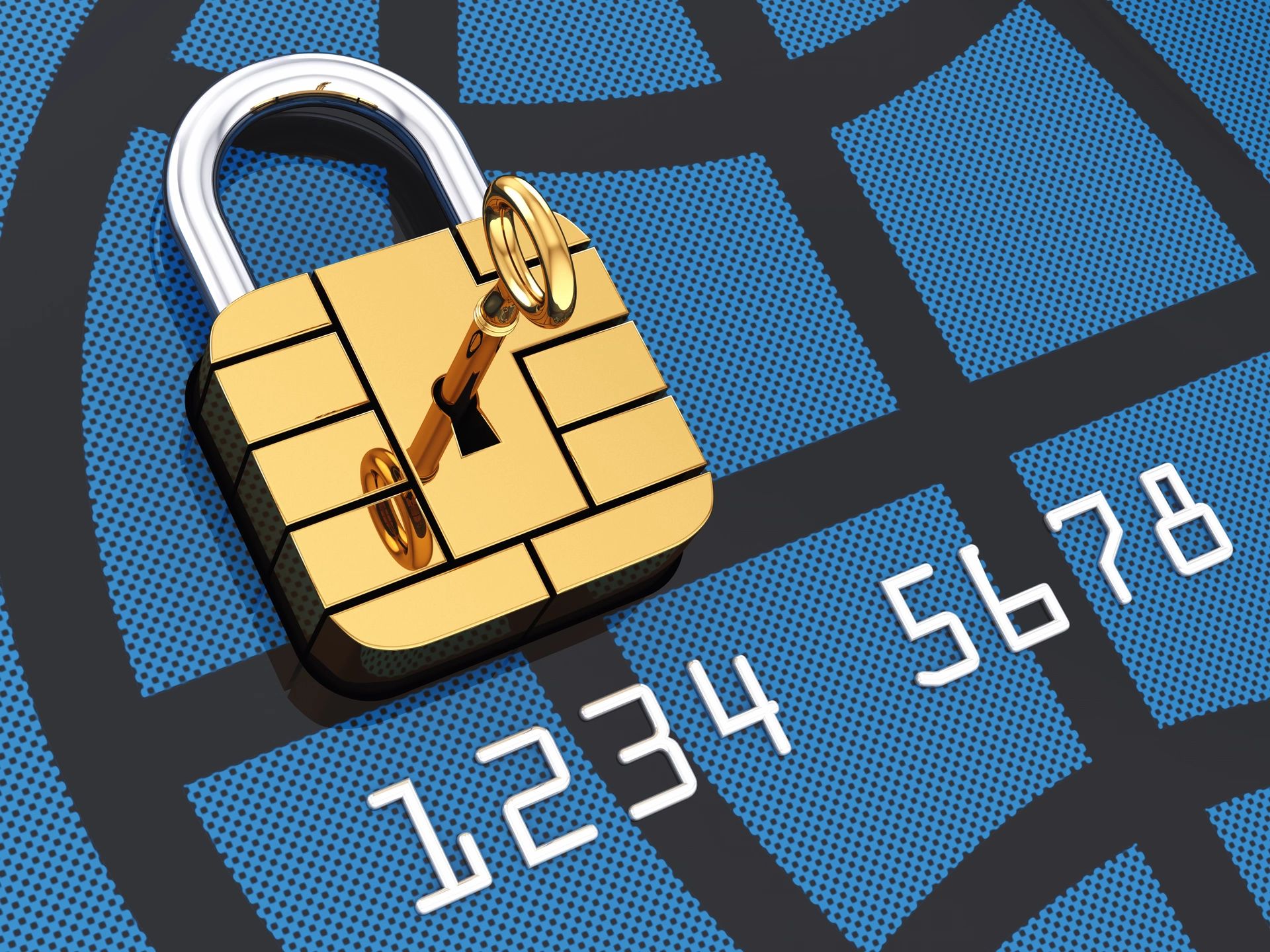Investing in Credit Card Debt Prevention and Offering Credit Card Debt Relief through Entrance Credit Counseling; by Johanna LaCombe
“An investment in knowledge pays the best interest”, said founding father, Benjamin Franklin. Investment into proper knowledge creates educated citizens, knowledgeable about the risks and benefits of borrowing, and produces a healthier, less debt-ridden economy. In order to reduce the amount of delinquent credit card debt, first time borrows should be educated on the fundamentals of credit cards. The education needs to be present before the borrower takes out debt instead of after, similar to the student loan process. Young adults graduate high school with a theoretical understanding of the world and without practical, personal finance experience. They are then encouraged to go directly to college. Many take out loans to attend college and begin looking at debt in a positive way from the moment they turn 18 because it has afforded them the opportunity to further their education. The average undergraduate student takes out $37,172 immediately desensitizing them to large amounts of credit in their first borrowing experience.1 They are told debt creates opportunity and makes your credit score higher. Debt is normalized to this group from an early age. One of four of these students is delinquent on their student loans.2 These are the same adults ending up behind on credit card payments and delinquent on their debt. There are assistance and education offered before student loans, there should be the same offered before borrowing with a line of credit from a store or bank. Changing the perceptions of debt for students by educating them early on financial math and offering relevant education to first-time credit card users in the form of credit card entrance counseling would create a healthy, level playing field for new members in the economy that would reduce the amount of delinquent credit card debt.
Entrance counseling for first-time credit card users would ensure all participants entering the economy are given access to the same amount of financial background knowledge. Without this assurance, the economy is relying on families or public schools to educate citizens on personal finance. These avenues vary greatly based on the income and access given in each school. Women and minorities are statistically less likely to enter the economy with basic financial literacy skills.3 Requiring all first-time credit users to be educated in the same way would create informed credit users with equal access and opportunities. This way citizens entering the economy from low socio-economic backgrounds would have the same education as those with opportunity. In a study conducted by the National Bureau of Economic Research on credit card debt they, “estimate that as much as one-third of the charges and fees paid by less knowledgeable individuals can be attributed to ignorance. The less knowledgeable also report
1 “U.S. Student Loan Debt Statistics for 2017.” Student Loan Hero. N.p., n.d. Web. 09 May 2017. 2Berman, Jillian. “America’s growing student-loan-debt crisis.” MarketWatch. N.p., 19 Jan. 2016. Web. 09 May 2017. 3 Cooper, Marianne. “Why Financial Literacy Will Not Save America’s Finances.” The Atlantic. Atlantic Media Company, 02 May 2016. Web. 09 May 2017.
that their debt loads are excessive or that they are unable to judge their debt position”.4 It is proven that without background knowledge, first-time credit card users enter the economy at a disadvantage and have more debt based on their education. They might get their financial knowledge at home where it might be socially unacceptable to discuss finances.
If Americans already have substantial amounts of credit card debt, parents might not be the best people to educate students about debt in the first place. If the knowledge is not presented at home that students must rely on articles from the internet or information from their bank. This information is helpful but geared towards selling or marketing a certain product. Without a rudimentary knowledge of credit cards and what to look for, students will end up repeating the cycle already started by their parents. Requiring entrance counseling, offered by a third party service without bias, would create educated citizens who make informed decisions before applying and accepting credit from their bank or a store.
Requiring entrance counseling for first-time credit card applicants would give students a more realistic perspective of credit card debt. When students take out federal student loans, they are required to participate in entrance and exit counseling.5 When young adults take out credit cards, however, any sort of education or counseling is not mandated. 6An entrance counseling program for first-time credit users could highlight the benefits and risks associated with credit cards. The course would need to be offered by a third party company, not affiliated with the bank issuing the card. This would ensure the education is unbiased and not skewed towards certain product companies are pitching towards the citizen.
The curriculum of the mandated course would include information on how to find your own credit score and what types of opportunities you miss out on if your credit score is poor. Students could plug in their own income to a worksheet and participate in a simulation of how long it would take to pay off their entire credit limit and how much interest they would accrue over time. Simulation instead of general information has been proven much more effective in regards to student loan counseling and would translate well to credit card counseling7 Mandating this simulation instead of just offering it free with a credit report introduces students to how they manage credit after opening an account.8 Part of this simulation could illustrate what happens when credit card bills are not paid on time. If credit users understood the immediate consequence of a late payment, they would be motivated to take payments seriously and reduce the amount owed each month. Financial math would also be a key component, teaching citizens what interest rates are, why they fluctuate and what good and bad indicators are when comparing different
4 Lusardi, Annamaria, and Peter Tufano. “Debt Literacy, Financial Experiences, and Overindebtedness.” NBER Working Paper Series (2009): n. pag. Web. 5 “Complete Counseling.” StudentLoans.gov. N.p., n.d. Web. 09 May 2017. 6 Guide, A. Consumers. “Completing Entrance Counseling – Preparing For and Completing Entrance Counseling.” Credit Card Debt. N.p., n.d. Web. 09 May 2017.
7 Fernandez, Chris. “From Passive to Proactive: Understanding and Improving the Borrower Experience with Online Student Loan Counseling.” TG Research Report (2015): 12-13. TG Research and Analytical Services. Web. 09 May 2017. 8″Your Experian Credit Report” Free Credit Report. N.p., n.d. Web. 09 May 2017.
credit cards. This preventative service would help lower the amount and types of credit citizens would take out in the first place, lowering the debt ratio and delinquent debt that comes from poor decisions or overusing credit.
When Benjamin Franklin said his famous quote about investing in knowledge, he probably was not referring to the copious amounts of debt in the country; however, his words could not be more prevalent than they are now. Students and young adults are taking on large amounts of student loan debt that leave them with a false perception of borrowing. These same students are qualifying for credit cards through banks and stores without being properly educated on the risks and benefits associated with them. With such huge equality gaps in America between men and women and people of different socioeconomic backgrounds and race, the problem intensifies. Filling these gaps with education about financial literacy helps get ahead of the delinquent debt problem before it becomes crippling for a young adult. It helps eliminate the problem with positive outcomes instead of fixing a symptom on the other side of borrowing too much.
Learn about the credit card debt relief programs offered by Golden Financial Services.




My family all the time say that I am killing my time here
at net, except I know I am getting experience everyday by reading thes good posts.